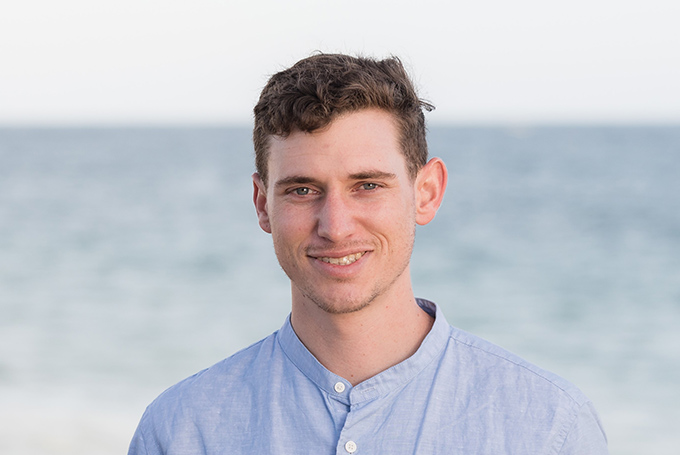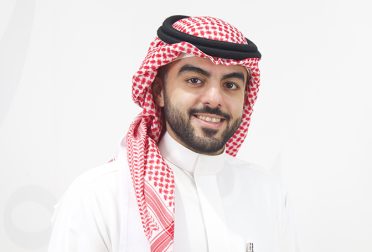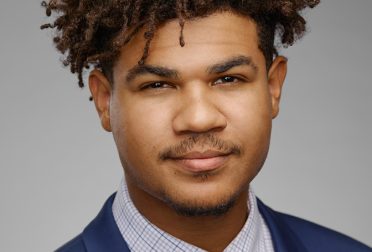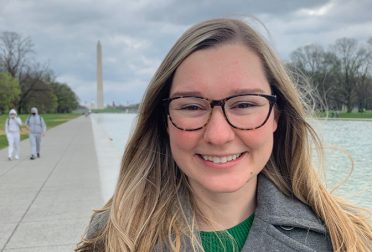BS, Engineering Science
Daniel Anastos first heard about SDM from meeting graduate students in other programs at MIT, and he thought it would be a perfect fit for his energy-focused background. After years working in Kenya and Nigeria, transitioning back to the U.S. made him realize just how different the problems could be in the field, but also how broad the opportunities are. And there are abundant opportunities at MIT in the energy space, he says. “That could include expanding a network of people that are focused on the same thing, or meeting professors in a more serious way, or potentially even finding people to start a company with.”
Why did you apply to SDM?
My company is a bit of a startup. I do modeling for energy storage systems, both technical and economic. My current role is very internally focused on operations. I find it fascinating but it limits the exposure to other ideas, new technologies, different people and policies. There’s all sorts of technologies in the renewable energy space and different engineering fields that you can learn. There are also different business models. A graduate program like this, where I could expand both the business and the technical side, was a huge draw.
How do you think a systems approach will help you in your work?
Each company has its own way of doing things and has its own system. Understanding that system from a people perspective and understanding how the company is structured is important. There’s the literal system, in terms of how kilowatt hours flow through our solar plant, but then there’s the organization of teams and how they work together. One of the biggest challenges companies face is how they organize their business and team interactions. How do people interact with each other? Who’s the decision maker? I’d like to learn more about setting up a system to be optimal, even for a short time.
I’ve seen a number of classes in the engineering school that relate to renewable systems design. That’s where you start to understand how a literal system works. In energy, you have a lot of policy that you have to sort through in addition to your technology. So it really has to come together. My company is a private company that has to work with a state government which has to work with a federal regulatory agency. And those systems are not just complex but they’re built for very different technologies, and they’re built for a grid that existed 50 years ago and shouldn’t exist 50 years from now. I think the systems approach is absolutely fascinating.
What’s something that you’re looking forward to about meeting your new classmates?
There’s a really interesting group that comes from a lot of different backgrounds and have done a lot of really interesting things. To get that kind of group all together in the same classroom is unique. How would you get that level of experience from different disciplines all working together on the same problem? This is probably the only avenue where it’s possible. I work with a lot of smart people, but we’re all from a very similar work background. Meeting people that have worked in different areas, especially on the technical side, is something that I’m really excited about.
Another dimension to that is the international nature of the cohort. I realized when working abroad that although America is a very diverse place in its own way it has a somewhat narrow view of problem-solving. There’s a lot of other ways to solve a problem and look at an issue and there are other solutions that have been implemented, whether in energy or otherwise, that are not even on the radar of people in the U.S. There’s a big impact getting that diversity of opinion working with an international community that’s coming from different cultures.
What else are you excited for with the program and MIT?
I’m excited to be back on a college campus. College campuses have a certain energy, so I’m excited to depart from my routine and spend some time in a beautiful library or just be around other students. There’s something nice about learning with other people. I’m also interested in meeting professors doing cutting-edge research in energy. I’m very interested in seeking them out and seeing what they’re up to, seeing what their plans are for said technologies, maybe for a thesis. But actually talking to the person as opposed to just reading a one-page article is such a different experience.




